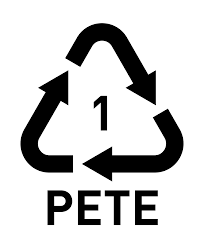How much do ‘environmentally friendly businesses’ really care about the environment .
Ever since the effects of global warming became inevitable, everyone has to some extent or another contributed to the cause of being sustainable. Whether it be by switching of the fans and lights when they are not being utilised or reducing single use travel and switching to community/public transport methods.
Legal restrictions by governments in several countries, such as the laws to protect the amazon rainforests and combat illegal deforestation by Brazil and the introduction of emission standards for vehicles by India.
These laws can also influence the ways in which businesses manufacture or distribute their products and services. For example Walmart: One of the largest retailers globally, Walmart has been working on sustainability initiatives like reducing greenhouse gas emissions, promoting sustainable sourcing, and encouraging energy efficiency.
Over the years we have seen hundreds of multinational co-operations coming up with 'sustainable goals', according to www.kpmg.com an impressive 96% of the world leading 250 companies report on sustainability, a rate likely to increase as new regulations on non-financial reporting is introduced.
But then we are faced with questions such as -
- How much of this is a marketing gimmick
- How can being sustainable negatively impact the businesses consumers?
Although while majority of the businesses genuinely embrace sustainability as a response to consumer demand and as a part of their long-term strategies, some companies might falsely exploit sustainability as a marketing gimmick by using deceptive marketing tactics. Some of these are -
- Misleading certifications - Some businesses may obtain certifications or labels that suggest eco-friendliness, but these certifications might be misleading or not representative of the company's overall environmental impact. The symbol below may look like a recycle symbol but it is just the PETE symbol which means the product's packaging is made out of polyethylene terephthalate.
- Diverting attention - In some cases, businesses might use sustainability initiatives as a distraction from other harmful practices or controversies they might be involved in. This tactic aims to divert attention from negative aspects of the business by highlighting their eco-friendly initiatives.
Businesses being sustainable increases costs as it requires investments in eco-friendly technology, materials, and processes. These added expenses may lead to higher product prices for consumers, potentially impacting their purchasing decisions.
However, consumers who prioritize sustainability may be willing to pay more for environmentally friendly products, creating a niche market for eco-conscious businesses.



Comments
Post a Comment